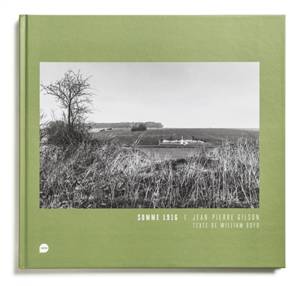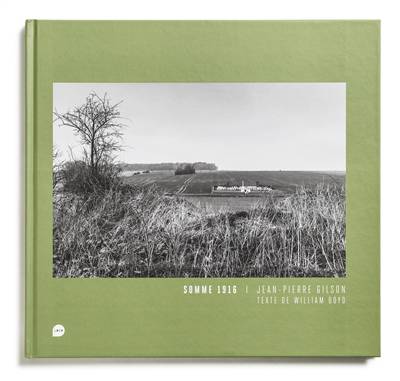
- Retrait gratuit dans votre magasin Club
- 7.000.000 titres dans notre catalogue
- Payer en toute sécurité
- Toujours un magasin près de chez vous
- Retrait gratuit dans votre magasin Club
- 7.000.0000 titres dans notre catalogue
- Payer en toute sécurité
- Toujours un magasin près de chez vous
Description
« La Bataille de la Somme. » Pour les Anglais, ces mots ont un écho terriblement puissant. L'inconscient collectif de plusieurs générations de Britanniques en est imprégné de façon extraordinaire. Bien qu'ils n'aient pour la plupart ni vision globale ni compréhension précise de ses conséquences stratégiques et de son importance dans l'histoire de la Première Guerre mondiale, la bataille de la Somme, notamment sa première journée du 1er juillet 1916, est devenue pour eux l'incarnation même du massacre insensé, de la jeunesse sacrifiée transformée en chair à canon, d'une forme d'innocence perdue à tout jamais.
« The Battle of the Somme. » The phrase resonates with awful potency for the British ; it is stitched into the psyche of generations of the population in an almost uncanny way. There is no wider or particular understanding of the strategic significance of the battle, of its place in the history of the First World War, but, for most British people, the Somme - and in particular the first day of the battle, July 1st 1916 - has come to represent and encapsulate the idea of meaningless slaughter ; of young men sacrificed as cannon-fodder ; of a kind of innocence lost, forever.
Spécifications
Parties prenantes
- Auteur(s) :
- Editeur:
Contenu
- Langue:
- Français
Caractéristiques
- EAN:
- 9782919507542
- Date de parution :
- 17-06-16
- Format:
- Livre relié
- Dimensions :
- 300 mm x 290 mm
- Poids :
- 980 g

Les avis
Nous publions uniquement les avis qui respectent les conditions requises. Consultez nos conditions pour les avis.






